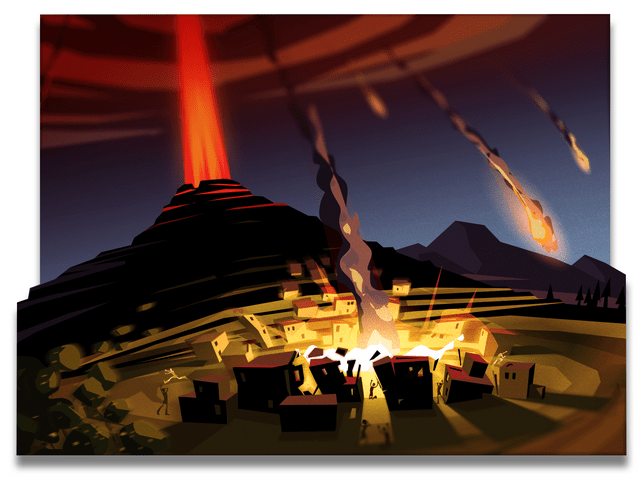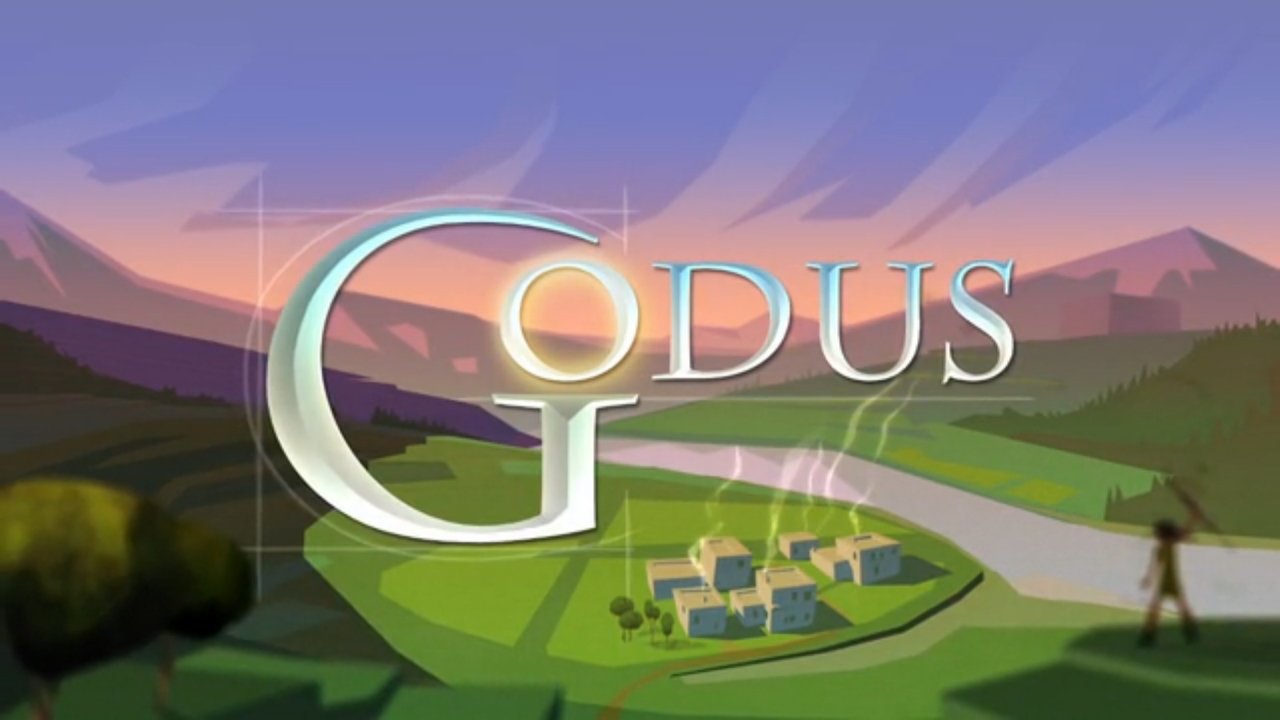Last week, Peter Molyneux, the Man Of Many Promises, took some time out from overseeing Curiosity to put up a new video on Kickstarter announcing a new project that would rely on crowdsource investment. The name of the project? Godus. The point of it? To go back to his earliest roots and create a new title for the ailing “God Game” genre that he first created back in 1989 with Populous.
The god game, much like the turn-based strategy game, is a genre that belonged primarily on PCs and isn’t necessarily dead, but it’s eking by on life support. The last time we had a new god game with a significant amount of coverage in even the enthusiast press, it was Eric Chahi’s From Dust, courtesy of Ubisoft. But even that game, as fun as it was, had a limited, smaller scope. The depth of the game came from physics and the manipulation of the landscape, and didn’t really approach the breadth and complexity of something like Black & White with its morality systems, or even the original Populous with its clash of cultures to see which civilization and deity would come out on top.
At this juncture, there’s very little that’s known about Godus other than Peter Molyneux wants to make it, and he wants our help—more precisely our money–to do it. His video even took a knowing wink at his own propensity for overpromising, contrasting his big idea of many gods duking it out in multiplayer with one of his own developers repeatedly saying “We can only do eight” so we know there will be a multiplayer component.
But that still brings us to the question originally proposed by the very title of this article. Can this genre make a comeback?
Out of all the genres that started on the PC, only the FPS has had any real success breaking out of its niche to become a mainstream gaming genre. It’s actually gotten to the point where it has started crowding out more traditional genres like the platformer and versus fighting games. The only other genre that might be said to be enjoying similar success right now is the adventure game, and it could be argued that it’s not even the entire genre, merely the success of The Walking Dead that’s getting playtime across various platforms.
With conventional wisdom—or at least sales numbers—indicating that most modern gamers favor the faster, hair trigger, action-packed content of the first person shooter, the more cerebral, strategic leanings of a god game don’t look like a good fit in this day and age. Some people still keep the faith, like Firaxis. They’ve been stubbornly clinging to the notion there’s a segment of the audience beyond a niche PC crowd that likes to think, rather than twitch, and they’ve been good about putting first Civilization and more recently XCOM into the hands of gamers to remind them that there’s more to playing games than “don’t think, just shoot.”
 The god game genre brings its own particular style of play—one Civilization borrowed heavily from—with the central mechanic of making your culture flourish. Of course, in the case of Civilization flourishing takes place over a period of centuries as progress inevitably marches towards a space-capable culture. In god games, you can directly intervene in the affairs of your culture by aiding them with miracles, or smiting their enemies with divine wrath. Sure, Civilization eventually let you research fusion and create a society more enlightened than the one we’re living in now, but Populous let you flood the entire world, thus killing any rival societies that didn’t build on the high ground as you’d commanded your people to do.
The god game genre brings its own particular style of play—one Civilization borrowed heavily from—with the central mechanic of making your culture flourish. Of course, in the case of Civilization flourishing takes place over a period of centuries as progress inevitably marches towards a space-capable culture. In god games, you can directly intervene in the affairs of your culture by aiding them with miracles, or smiting their enemies with divine wrath. Sure, Civilization eventually let you research fusion and create a society more enlightened than the one we’re living in now, but Populous let you flood the entire world, thus killing any rival societies that didn’t build on the high ground as you’d commanded your people to do.
You’d think with that kind of ability to shape an entire world, there’s still got to be SOME appeal left in this genre. The trick will be in the ability of Peter Molyneux and 22Cans to create this game cheaply. The game doesn’t have to sell 10 million copies if didn’t cost 60 million dollars to make. And if it is made modestly, even modest sales can yield a tidy profit, which ensures that Peter—and more importantly his non-millionaire employees—can all eat, feed their families and continue to make an entertaining product all at the same time.




